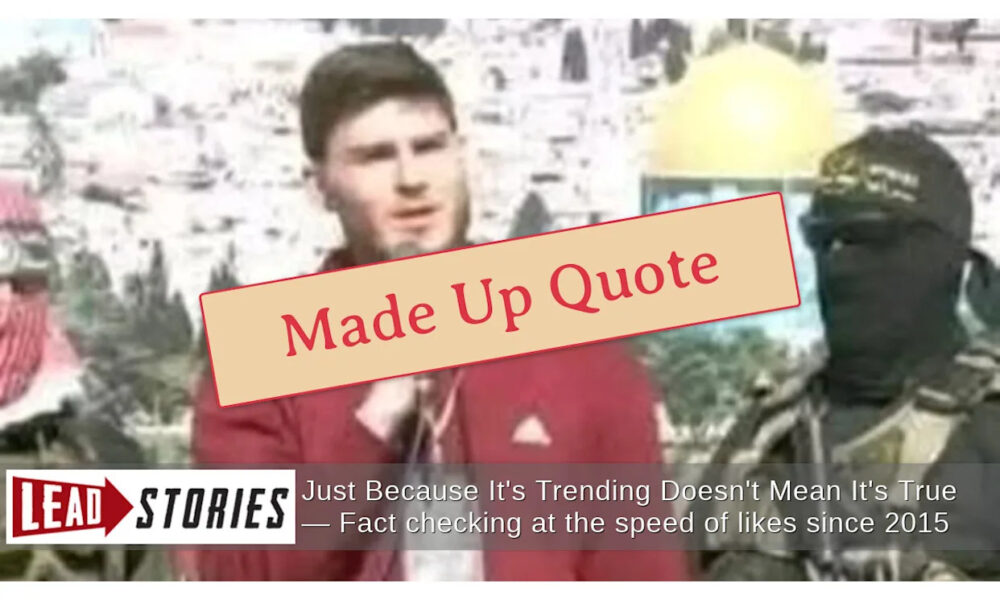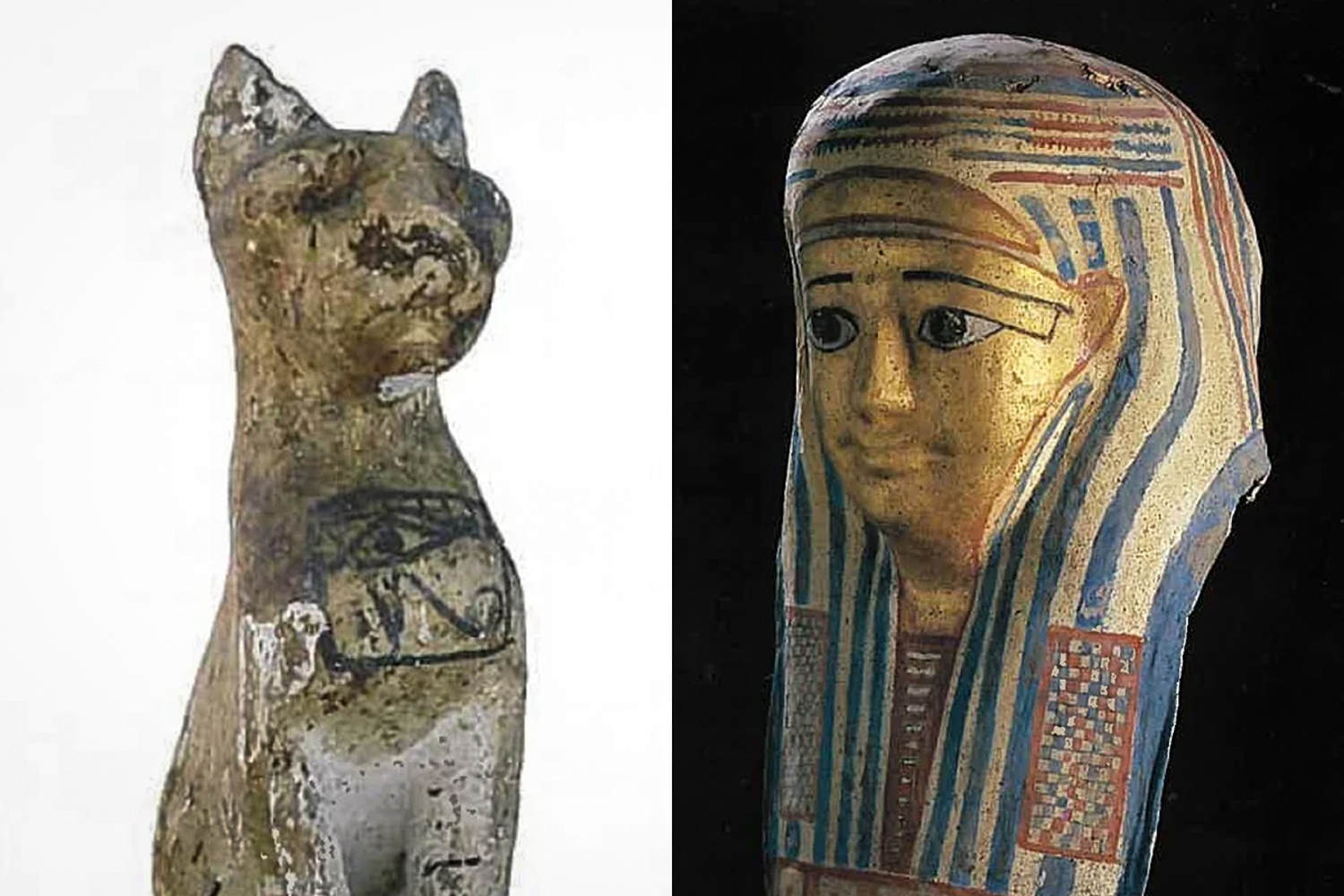A fabricated quote attributed to an Israeli prisoner has gone viral, raising questions about its authenticity. The statement allegedly made by **Alexander Turbanov**, purportedly expressing gratitude toward his captors, is entirely false. The actual name of the released prisoner is **Alexander Troufanov**, who was freed by Hamas on **February 15, 2025**.
The misinformation began circulating on **February 16, 2025**, through a post on Facebook by the page **Towards Understanding Islam**. The post claimed that Troufanov expressed admiration for his captors: “Your kindness has been engraved in my conscience forever.” This assertion, along with the quote, has since been debunked.
The falsehood gained traction on social media, particularly after influencer **Khaled Safi** shared it on X. In a follow-up post, Safi clarified that the words were not Troufanov’s but rather his interpretation of the prisoner’s feelings. He stated, “These are not the words of the captive, but rather I wrote them on his behalf, describing his condition, his gratitude, his thanks, and his bowing to the men of the resistance.”
### Clarifying Misattributed Statements
The confusion surrounding the name arises from the incorrect reference to Turbanov. Multiple reputable sources, including **US News & World Report**, confirmed that the individual released was indeed **Alexander Troufanov**. An article published shortly after the prisoner exchange included a photograph of Troufanov, alongside fellow hostages **Iair Horn** and **Sagui Dekel Chen**, as they were handed over to the **Red Cross** in **Khan Younis, Gaza Strip**.
The photograph accompanying the news article featured Troufanov, who was seen wearing a red hoodie during the exchange. The caption provided context, stating the names and ages of the three hostages, thereby affirming the correct identity of the released individual.
### The Impact of Misinformation
Misinformation, particularly in conflict zones, can have serious implications. The viral quote misrepresents the experiences of those who endure captivity and can alter public perception of sensitive issues. As the statement attributed to Troufanov spread, many individuals sought clarification on its authenticity. In response, Safi reiterated his role in crafting the statement, emphasizing that it was not a direct quote.
The rapid dissemination of this false narrative highlights the challenges of verifying information in the digital age. Social media platforms can amplify inaccuracies, prompting the need for critical evaluation of shared content. As this incident demonstrates, understanding the context and source of information is crucial, especially when it involves delicate subjects such as hostage situations and human rights.
In conclusion, the case of Alexander Troufanov serves as a reminder of the importance of accuracy in reporting and the potential consequences of misleading statements. The distinction between fact and fiction is essential in fostering informed discussions around complex geopolitical issues.







